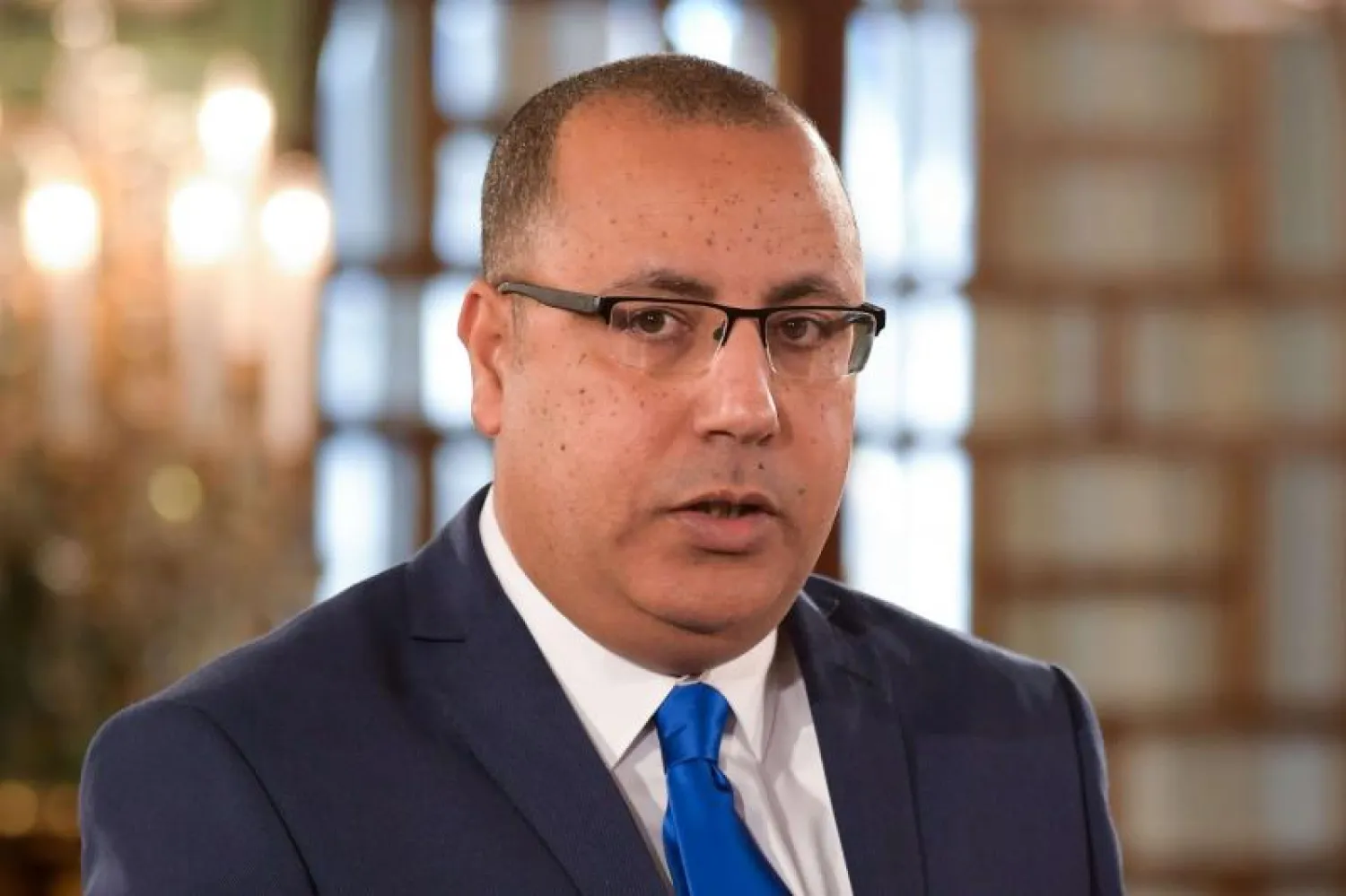Tunisian Prime Minister-designate Hichem Mechichi held his third and final round of consultations aimed at forming the next cabinet before the constitutional deadline on August 25.
Mechichi met twice before with political parties represented in the parliament as well as some political and economic figures and professional assemblies.
The last round of consultations focused on the government's work program, its potential structure, and the number of ministries to be handed over to non-politically affiliated representation.
A number of party leaders confirmed that tensions and disagreements on the form and nature of the new government have decreased between parties.
Head of Heart of Tunisia Osama al-Khulafi stated that the formation of the government is moving in the right direction, and the best option is to continue the dialogue taking into account Tunisia’s interest first.
The Heart of Tunisia, Ennahda, People's Movement, the Democratic Current, and the Dignity Coalition criticized Mechichi’s preference for forming a government of independent competencies, which doesn’t include political leaders from the parties which won in the 2019 elections.
However, they recently reconsidered their stance and said they might support Mechichi, fearing his failure to form a cabinet could lead to early elections that might entail a decline in their level of representation in parliament.
Meanwhile, the Democratic Bloc representing the People's Movement and the Democratic Current called for a government that would bring together politicians and competencies, an idea that was not discussed by the prime minister-designate.
Yet, Mechichi asserted that he wants an independent technocratic government, which is based on an idea that is popularly accepted, as he put it.
MP Mabrouk Korchid expected the fear of a number of parties from the unknown is behind the decision to vote in favor of the Mechichi’s government in the awaited voting session.
Political observers believe the new government is required to please the parties that have won the last elections, considering that they are highly represented in the parliament.
Without the political and parliamentary support, the government will be passed through a presidential acclamation, which is not enough to pass laws and facilitate its work, according to the observers.









